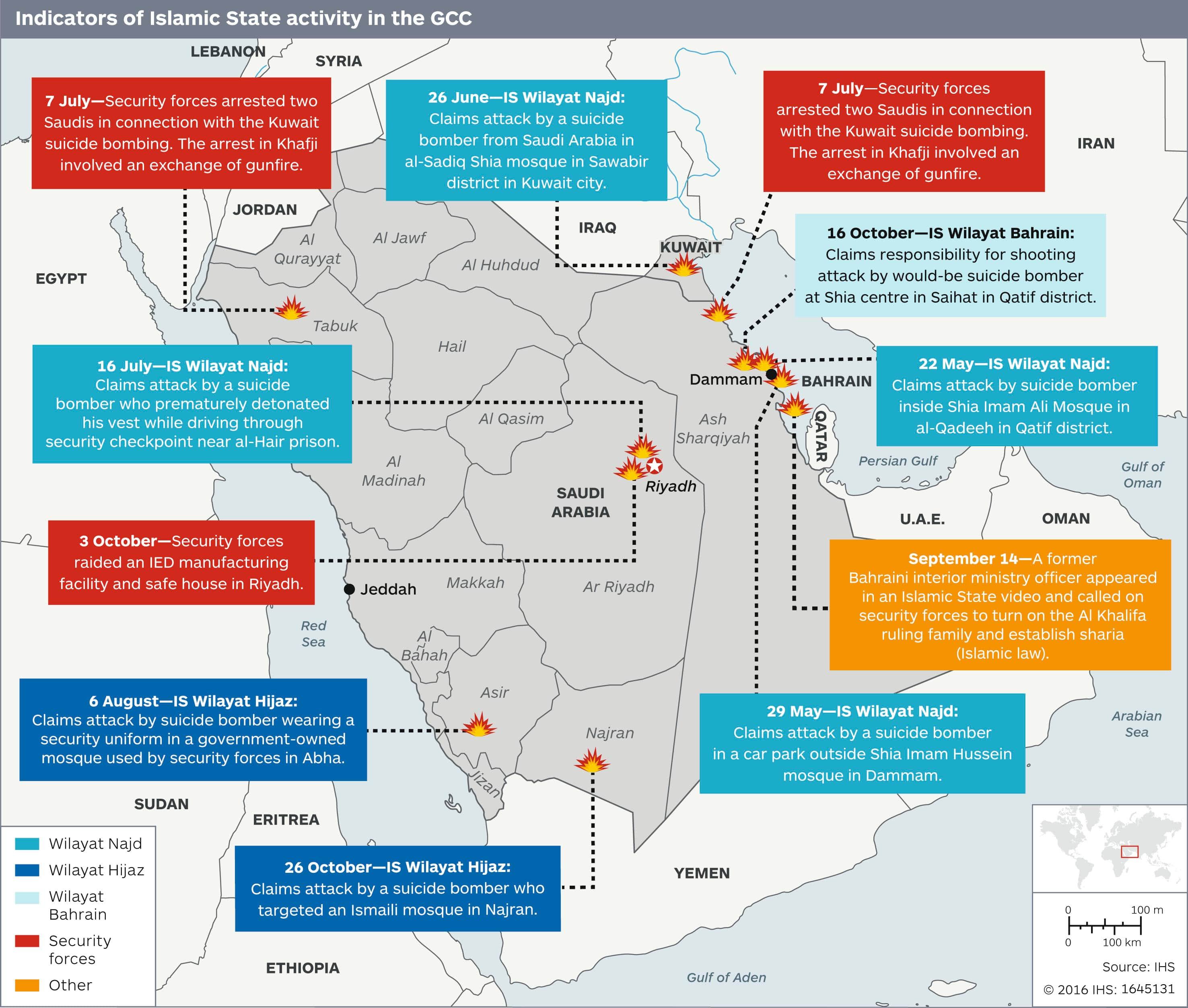GCC Islamic Banks Accelerate Consolidation Amid Competitive Pressures

Islamic banks across the Gulf Cooperation Council are intensifying merger and acquisition activities, aiming to bolster competitiveness, enhance profitability, and expand market share in an increasingly saturated financial landscape. Analysts anticipate this consolidation trend to persist in the short to medium term, particularly in Bahrain, where a high concentration of banks has led to fierce competition and diminished pricing power.
Bahrain's banking sector, comprising 29 retail banks serving a population of approximately 1.5 million, exhibits a level of fragmentation surpassing that of its regional counterparts. This overbanking has prompted authorities to support consolidation efforts, although challenges such as sound profitability and the absence of common shareholders often hinder potential mergers. Notably, the National Bank of Bahrain and Bank of Bahrain and Kuwait initiated merger discussions in June 2024, aiming to finalize the deal by 2025. If successful, the merged entity would become Bahrain's second-largest bank, with assets totaling $26 billion, trailing only Ahli United Bank's $27 billion.
The Islamic finance sector in Bahrain, valued at $77 billion by the end of 2023, is witnessing significant consolidation. Kuwait Finance House's $11.6 billion acquisition of Ahli United Bank, completed in December 2023, marked a pivotal moment, elevating Islamic banks' share of the domestic market from 38.4% in 2022 to 42%. Similarly, Al Salam Bank's acquisition of Kuwait Finance House Bahrain and Ithmaar Bank's consumer banking business underscores the momentum in M&A activities.
Fitch Ratings projects continued growth in Bahrain's Islamic finance industry through 2025, driven by consolidation, increasing demand for Sharia-compliant products, the expanding role of sukuk in government funding, and supportive regulatory frameworks. However, profitability metrics remain a concern; Islamic retail banks reported a return on equity of 7% at the end of the third quarter of 2023, down from 10.6% in 2022, and a non-performing loan ratio of 5.7%, up from 4.8%.
Across the GCC, the trend of Islamic bank consolidation is gaining traction. In the United Arab Emirates, Dubai Islamic Bank's merger with Noor Bank has created a more robust Islamic banking entity. In Oman, the merger between Oman Arab Bank and Alizz Islamic Bank has positioned the combined institution as the third-largest Islamic financial entity in the country. These strategic consolidations aim to achieve economies of scale, reduce operational costs, and enhance the ability to attract low-cost deposits.

Join the conversation